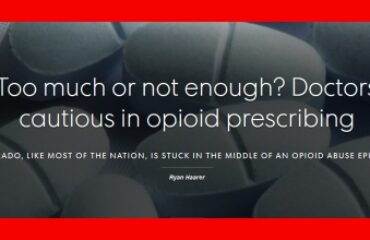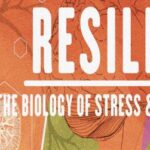Marijuana Addiction Is Real

Marijuana is addictive. Regular users often defend pot as “not that big of a deal”. However, the reality is that 9% of users become dependent on marijuana (source DrugFree.org) and will experience persistent memory, thinking, and behavioral problems as well as significant lifestyle disruption while their use of pot continues over time. These individuals will also find themselves increasingly mentally preoccupied with securing pot and maintaining a supply of it for fear of running out.
Not everyone responds to marijuana in the same way. This is true of other drugs of abuse too. Some individuals are genetically more susceptible to the addictive properties of certain substances while other people are more apt to develop an addiction because of strong environmental or sociological contributing factors. Some people develop an addiction in a relatively short time period while others may take years before reaching the same level of dysfunction.
While it is true that some individuals seem to be able to function normally as pot users, many individuals eventually discover that they cannot function normally unless they smoke pot on a regular basis. This type of drug dependency is often more psychological in its origin than purely physiological, although it is still very powerful & compelling.
Two case examples. Many years ago, we had two clients in treatment who were diagnosed with cannabis dependency and presented for treatment. One was a male in his mid-forties who admitted to smoking pot everyday for 20 years. He readily expressed knowing he was addicted and expressed much anxiety & worry that he would be unable to abstain from pot and be able to function. Marijuana had become a powerful crutch that he leaned on every day to cope with his feelings and life circumstances. This person was facing serious legal consequences if he failed to achieve drug abstinence. However, he was open to receiving help and he sincerely wanted to succeed.
He did succeed. After stopping pot, he reported insomnia and increased anxiety that was intense for 2 weeks. However, these symptoms began to dissipate after 14 days and eased with each passing day following his initial two week period of marijuana abstinence. Two weeks turned into 4 weeks and eventually into 3 months. This man began testing negative for marijuana, and experienced both surprise and deep relief that he could live substance free. It was a learning process for him that was very much helped by acquiring new skills in treatment and drawing on the support of his group, his family, and even the probation officers that had referred him to treatment.
The next example was a young man who had repeatedly failed marijuana drug tests while on probation. He had been referred to treatment because of this, but was very much in denial of his marijuana dependency. This young man told the group that he could take or leave marijuana, that it was like eating potato chips and that he could easily stop whenever he chose. He seemed to really believe this. Members of the group asked “Well if that’s the case, why did you continue to smoke pot while on probation? You say you don’t want to get locked up, but your choice to keep smoking is putting you in jeopardy of jail time.” The young man stumbled over his words and didn’t seem to have an answer for the group’s logical observation.
Several days later, the young man arrived for group apparently feeling upbeat and he was very much in a talking mood. He began to tell a story of he and a friend looking for pot to buy several months earlier. He explained that there had been a local “pot drought” and that pot was nowhere to be found. He emphatically told the group … “We must have gone to 40 different places looking for pot that day, and we couldn’t get it anywhere!”
The group burst into sudden non-stop laughter. The young man looked puzzled and asked why they were laughing. A member of the group explained to him “Someone who doesn’t have a problem with pot doesn’t go to 40 different places looking for it.” The young man had a momentary Aha! experience, and for the first time, saw the reality of his own addiction. Someone else in the group added “I never went to 40 different places looking for potato chips! Do you see the difference?” The young man laughed and realized the absurdity of his earlier comparison. Pot WAS much more important to him than potato chips. And, he had continued to needlessly place his freedom in jeopardy while failing drug tests repeatedly with probation and still continuing to use.
This young man, through treatment, had been challenged to re-examine his choices and the critical role that marijuana had taken on in his life. His addiction to pot had started out as recreational use, but had grown to a level of abnormal importance. Psychological dependence can emerge very much under the radar, in a subtle manner. Often, it is only when someone must “go without” that they experience strong cravings, persistent mental preoccupation with the drug, and will continue to use it despite adverse consequences. These are clear indications that someone is not just a recreational user, but has developed a dependency. Addiction is a sneaky illness, and denial often rears its head delaying acceptance of the truth.











